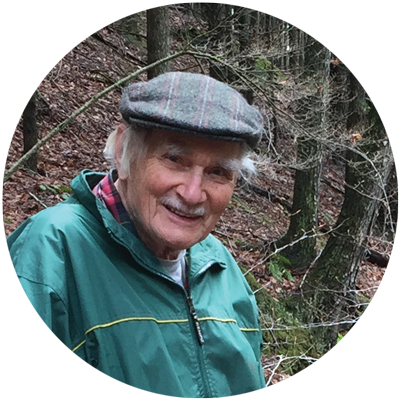Home > Climate News >
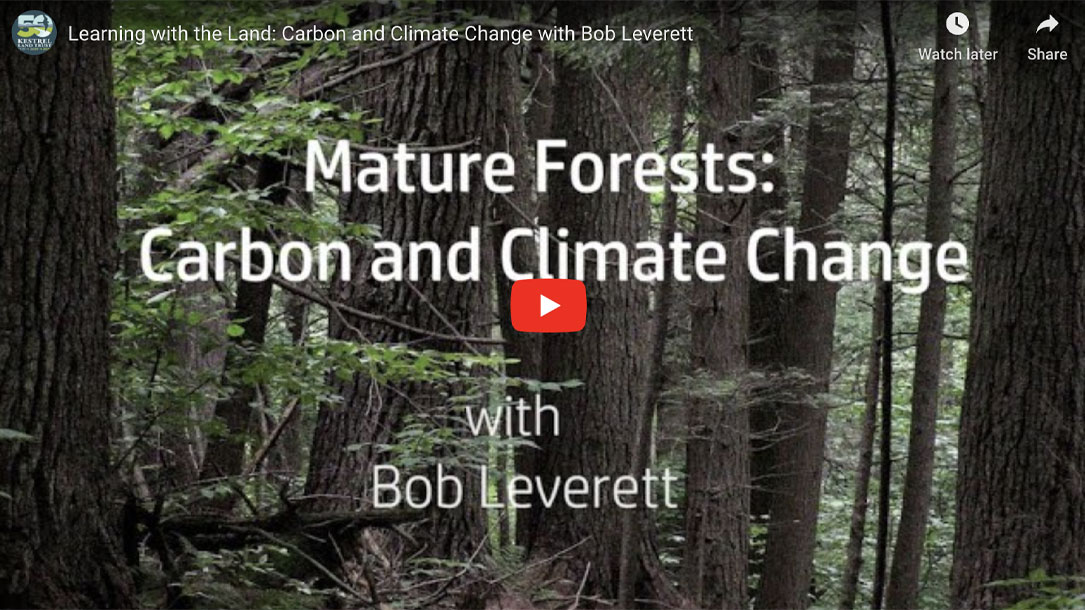
Mature forests, carbon & climate: Learning with the land
Come visit with old-growth forest expert Bob Leverett at his own forest in Florence to learn about the role our local forests play in the carbon cycle and in mitigating climate change. Bob shares his scientific method for calculating the volume of a tree and its carbon content, as well as a fascinating look at several species of mature trees on his property, including the beautiful Tuliptree…
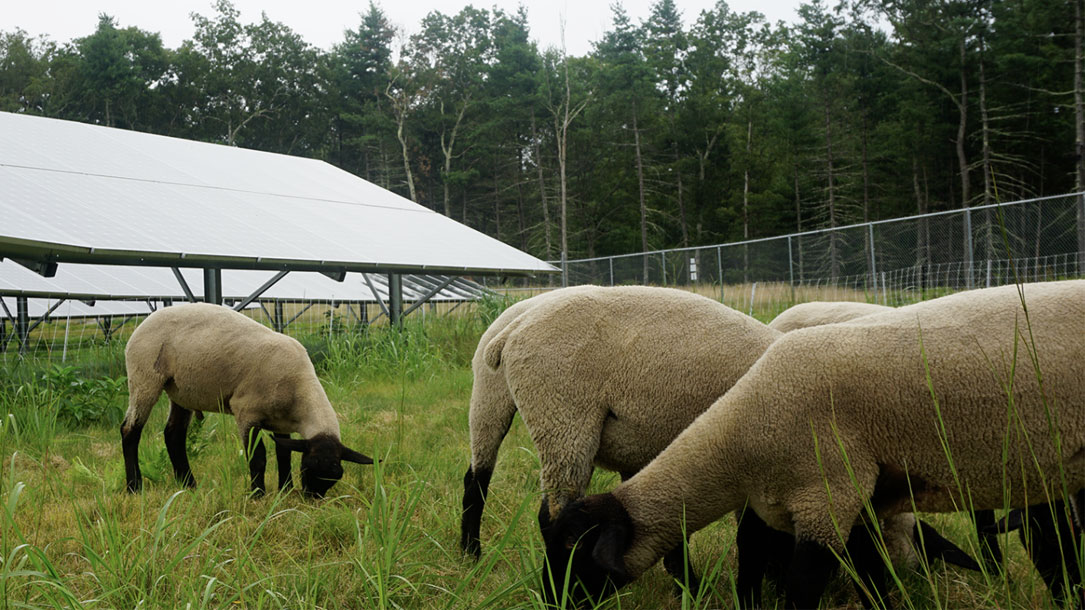
What makes for compatible solar?
American Farmland Trust’s New England Climate and Agriculture Program Manager and soil scientist Emily Cole, and Blue Wave’s Development/Senior Director Drew Pierson, team up to talk about what is needed to make solar projects compatible with—and benefit from—farmland viability.
If you are interested in how to slow down climate change and help agriculture, this webinar could be helpful. This is the second in a three-part series. While the webinar is focused on New England, the concepts of design, strategy, and partnerships are applicable to other parts of the country.

Quantifying carbon stocks on conserved land
Carbon project development in Vermont is compatible with, and in fact would be aided by, participation in other forest stewardship programs. These include forest certification, cost-share by EQIP and the Forest Legacy Program, and Vermont’s Use Value Appraisal (UVA) Program (also known as Current Use).
All three major certification Vermont Forest Carbon: a market opportunity for forestland owners 4 systems in the U.S. (Forest Stewardship Council [FSC], Sustainable Forestry Initiative, and American Tree Farm System) can be employed to meet various requirements under CARB and the voluntary markets, such as the need to have a comprehensive forest management plan…
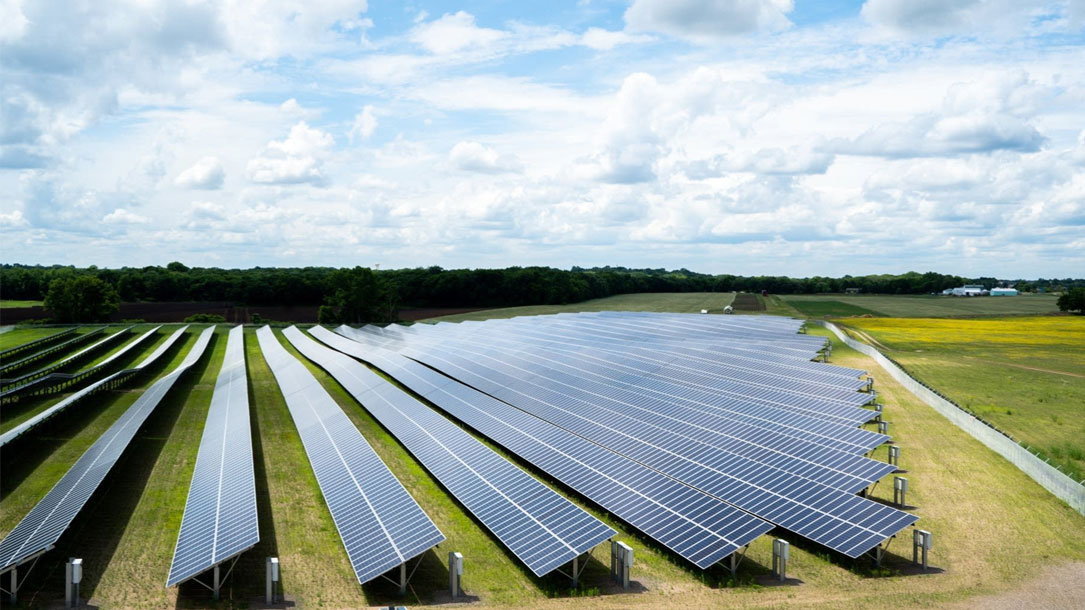
Pollinator-friendly solar energy becomes the norm in Minnesota
The environmental benefits of Connexus Energy’s solar-plus-storage project are obvious enough, but this time of year, you’ll notice something more: prairie grasses and flowers planted under and around the sea of solar panels.
Pollinator-friendly plantings at large solar energy sites have become common in Minnesota in recent years. Not only do they provide habitat for the bee and butterfly populations people have been concerned about, but they also promote soil health and probably even boost the solar panels’ electricity output on warm days…
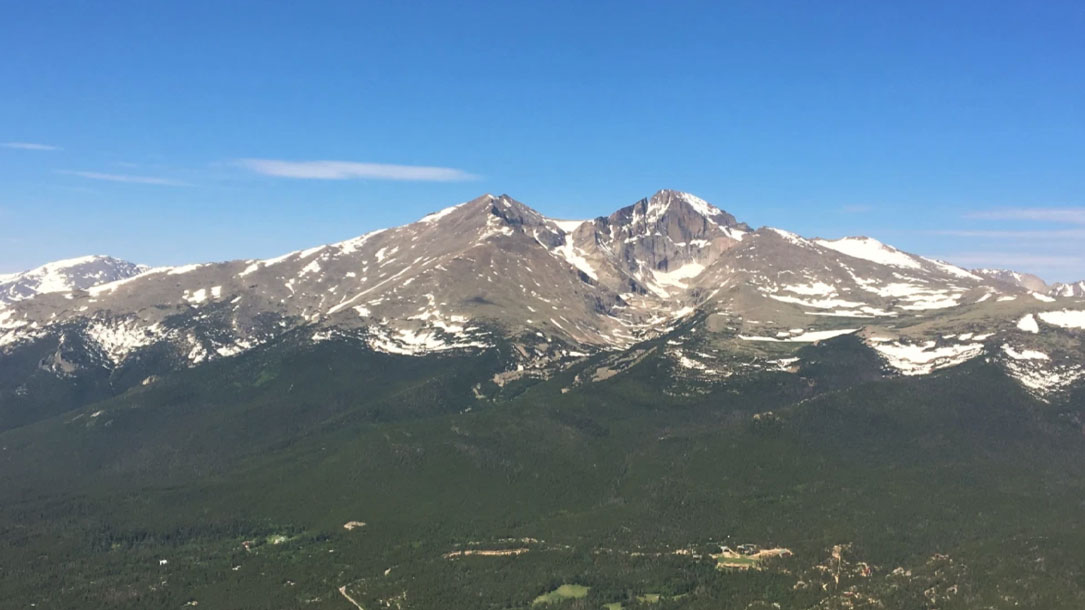
Land trust breakfast focuses on climate change
The breakfast focused on the potential effects of climate change in the Rocky Mountain West.
The announcement stated: Are we experiencing a warming climate and if so, what affect will it have on extreme weather such as droughts and floods? Could warmer temperatures result in longer fire seasons and catastrophic wildfires? How will these disturbances affect our regional ecosystem?
“Our educational breakfasts allow land trust members up-close access to scientific professionals that can explain our complex Rocky Mountain environment,” said Jeffrey Boring, Executive Director of the Estes Valley Land Trust. “We’re thrilled to have Dr. Monique Rocca, Associate Professor, Colorado State University and Jeff Lukas, Associate Scientist, University of Colorado Boulder, as our keynote speakers.”
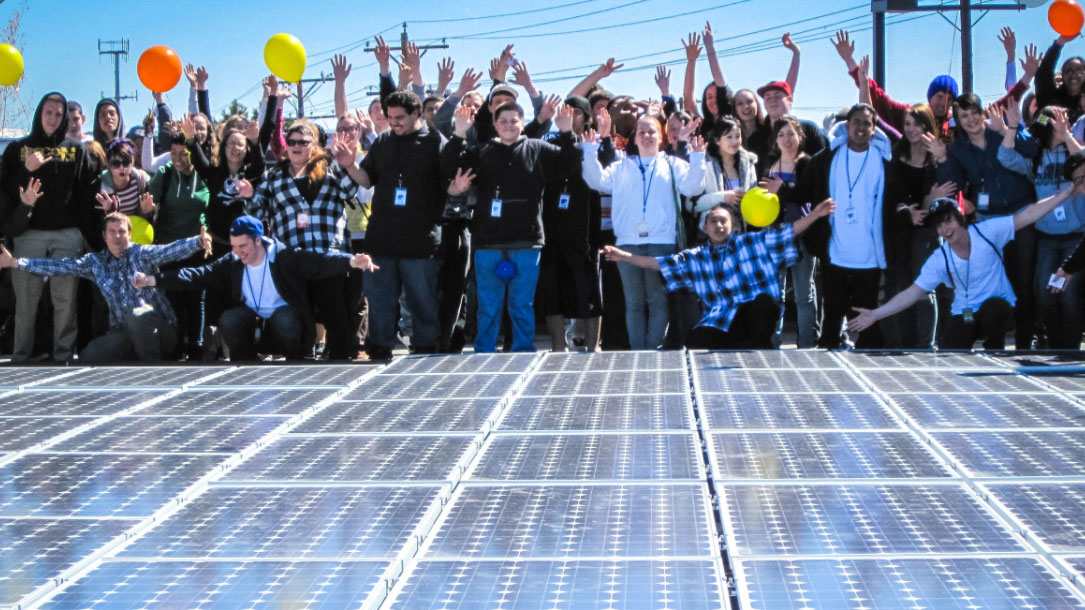
Sequestering carbon and enhancing our local landscapes
Last year, almost 50 businesses and individuals offset their carbon footprints with ECC [Evergreen Carbon Capture] by planting 4,038 conifer trees, which will absorb 20,190 tons of CO2 over the next 100 years. Though only a drop in the bucket compared to what our native forests were once capable of, every tree planted and cared for provides a myriad of benefits like wildlife habitat, and improved water and air quality, which bring our landscapes one step closer to the ecological function of their pasts.
ECC offers the unique opportunity for partners to join our tree planting efforts at volunteer work parties. This year our field partners from Adopt-a-Stream Foundation, Dirt Corps, Forterra, Friends of the Burke Gilman Trail, Green Kirkland Partnership, Green Redmond Partnership, Green River Coalition, Green Seattle Partnership, and Stewardship Partners led 11 events for 367 volunteers to plant trees throughout the Puget Sound region, from Auburn to Marysville….
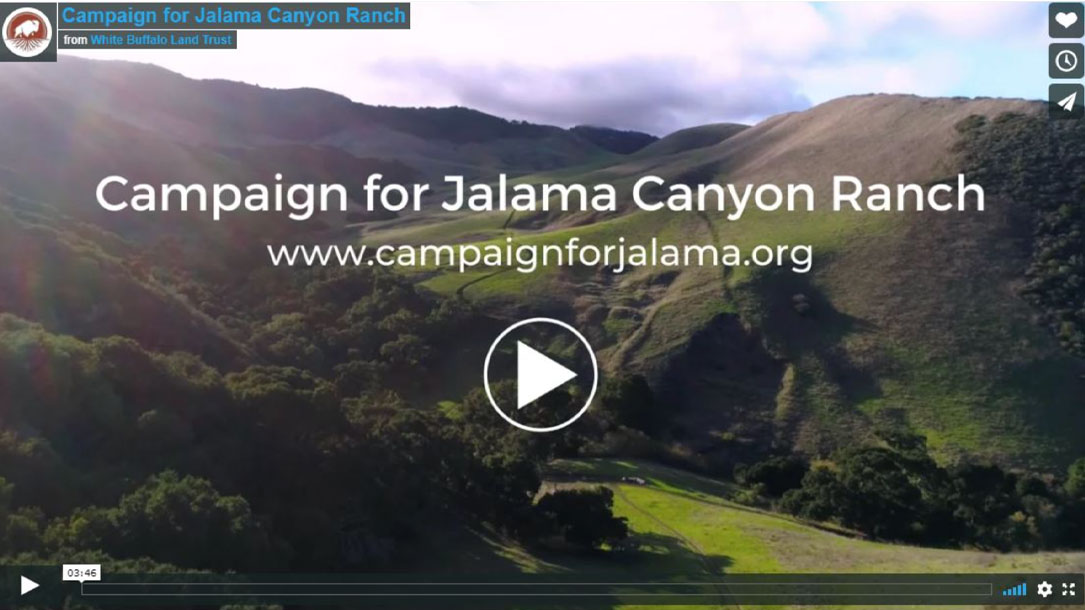
Regenerative agriculture: Campaign for Jalama
The land trust is launching a campaign to acquire Jalama Canyon Ranch where they will create a critical center for regenerative agriculture…leading to a healthier food system, drawing carbon from the atmosphere, increasing biodiversity, strengthening communities, and improving farmer and rancher livelihoods.
Jalama Canyon Ranch will model regenerative agriculture at scale in a financially viable way; serving as a center for education and training, scientific research, and removing the barriers to rapid and broad adoption of regenerative agriculture locally, regionally and globally.
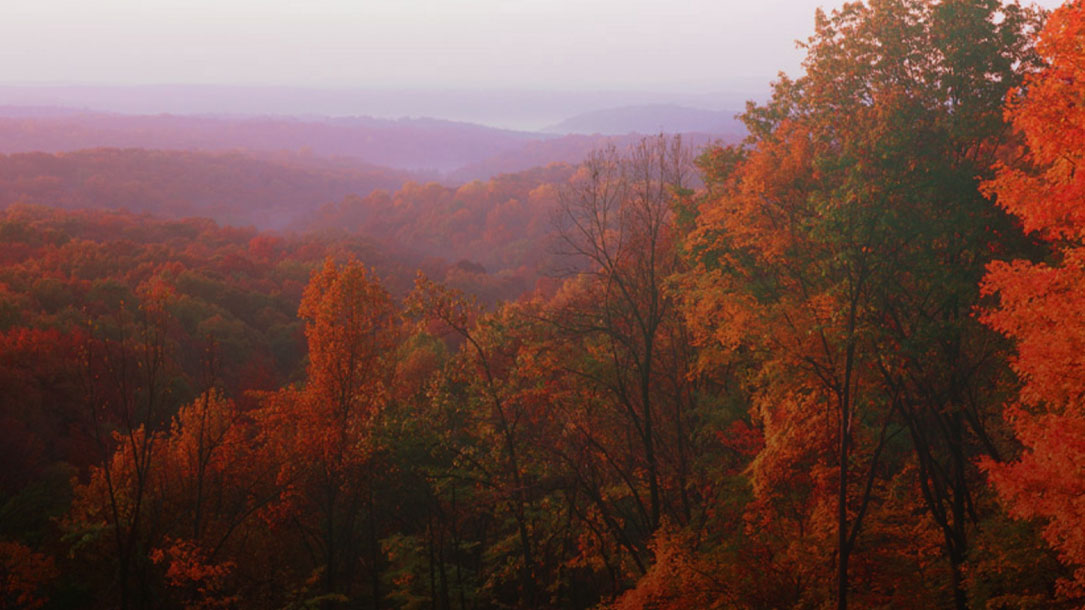
A natural path for U.S. climate action
When it comes to the impact and potential of land management on global warming, everything really is bigger in Texas. Unless you’re talking about agricultural lands—then everything is bigger in Iowa. Or if you’re talking about the impact of urban trees, that’s biggest in Florida—though it’s also pretty big in Texas.
Across the United States, in fact, land management can have a really big effect on the climate. A new study examines the country’s potential to implement natural solutions—such as growing taller trees, improving soil health, protecting grasslands and restoring coastal wetlands—to increase carbon storage and reduce greenhouse gas pollution. Essentially, turbo-charging nature to address global warming, while also providing natural benefits for people, water and wildlife…
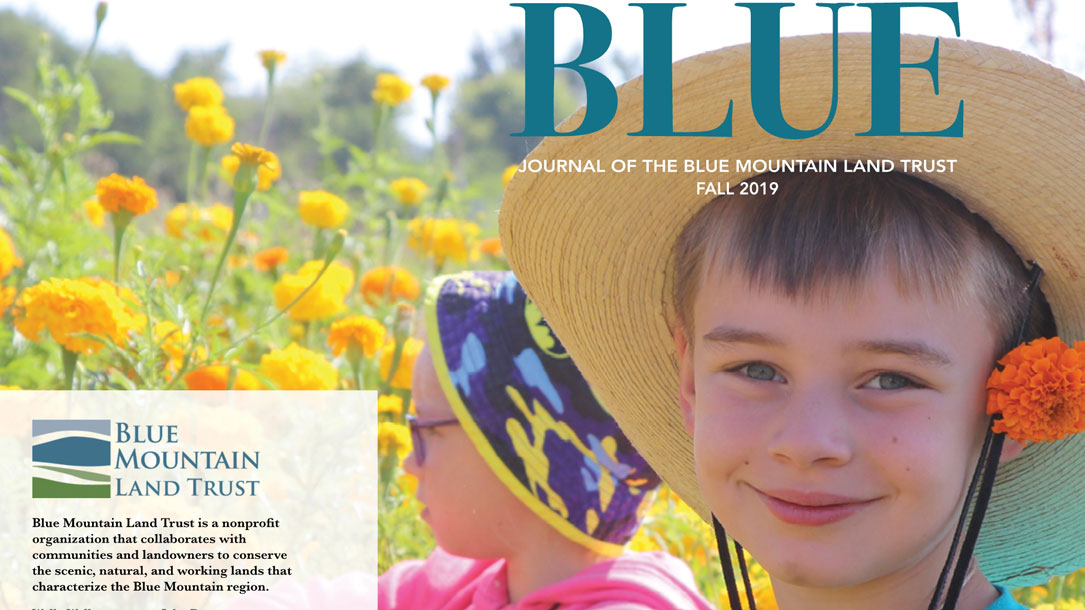
Featuring regenerative agriculture and climate change in their newsletter
Blue Mountain Land Trust, WA
Agriculture can be an important part of the climate solution and land trusts can help their communities understand that. The Blue Mountain Land Trust provided information about how that is the case, stating on their website:
“In our last issue, we reprinted Drawdown’s chapter on conservation agriculture. In this issue, we’re reprinting its chapter on regenerative agriculture. Other Drawdown chapters will be reprinted in future issues.
Thank you to Paul Hawken and his associates at Project Drawdown for permission to reprint these chapters.
If you’d like to learn more about regenerative agriculture and the role it plays in carbon sequestration, here’s a recommended reading list:
The Soil Will Save Us, Kristin Ohlson
Cows Save the Planet, Judith D. Schwartz
The Grazing Revolution: A Radical Pan to Save the Earth, Allan Savory
Restoration Agriculture, Mark Shephard
Grass, Soil and Hope: A Journey through Carbon Country, Courtney White
Growing a Revolution: Bringing our Soil Back to Life, David R. Montgomery
Dirt to Soil: One Family’s Journey into Regenerative Agriculture, Gabe Brown

Climate change informational talks for all ages
Joshua’s Trust and the Connecticut Museum of Natural History co-sponsored an informational session given by Dr. Anji Seth. Temperatures of 70-degrees on Jan. 12 felt wonderful, but left many wondering if extremes in temperature are the new normal.
“We are doing these three sessions because many are concerned and want to know what they can do locally. We want to ameliorate our climate anxiety,” Nancy Silander, JT trustee, said…



